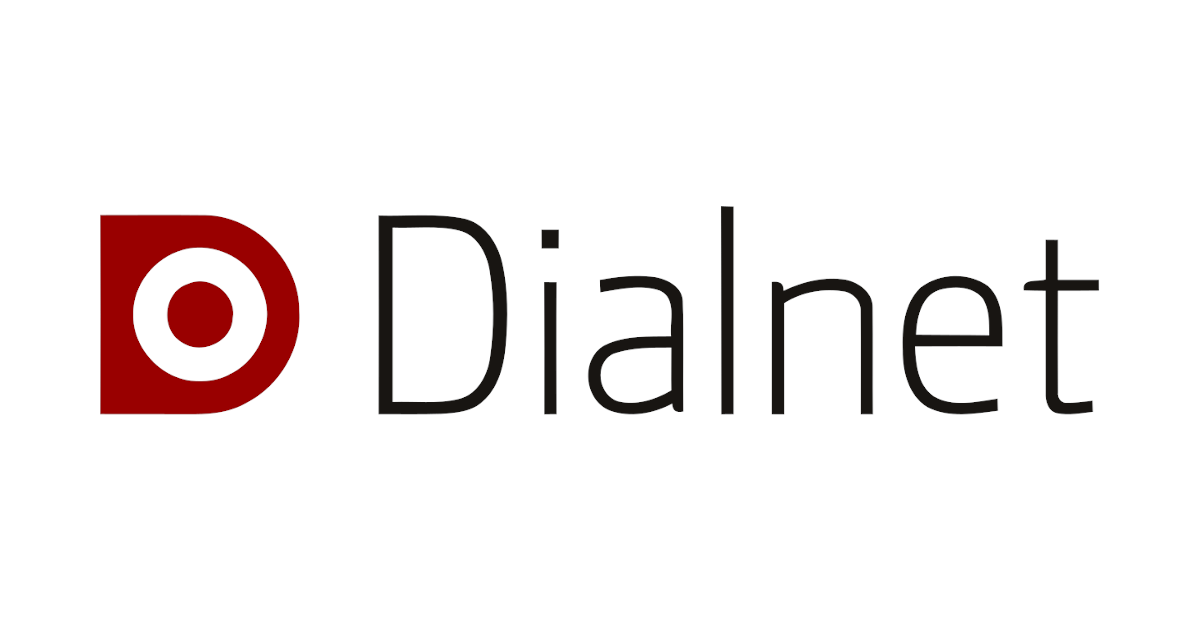Digital teaching resources as a strategy to facilitate English learning
DOI:
https://doi.org/10.70219/mby-232025-384Keywords:
Interactive teaching, Strategies, Participatory action research, Teaching resourcesAbstract
Digital teaching resources are a fundamental strategy to facilitate the learning of English in the Félix Serrano Educational Complex, of the Valera Municipality of the State of Trujillo, Venezuela, since they allow more interactive and motivating teaching, these resources encourage the active participation of students, improve accessibility to content and develop essential technological skills in today's world, they also facilitate the personalization of learning, adapting to the individual needs of each student, the general purpose of this research was to promote digital teaching resources as a strategy to facilitate the learning of English in the Félix Educational complex Serrano from the city of Valera, Trujillo state, developing under a qualitative approach, focused on the critical reflective paradigm, understanding reality, transforming it through the participatory action research method proposed by Elliott (1991), which includes the identification of the problem, a diagnosis to understand the current situation, strategy planning, implementation in the classroom, evaluation of the results and, finally, reflection and adjustment, in this sense, in compliance with the methodological model, a set of actions were structured that allowed training. and the empowerment of teachers regarding these strategies. The research concludes that the integration of digital resources significantly improves the motivation and participation of students. The need for continuous training for teachers and the importance of involving families in the educational process is also evident. This approach not only enriches learning, but empowers the educational community, promoting a more collaborative and dynamic environment in the classroom.
Downloads
References
Amabile, T. M. (2012). The Progress Principle: Using Small Wins to Ignite Joy, Engagement, and Creativity at Work. Harvard Business Review Press.
Armijos N. (2022) Propuesta Innovadora con Recursos Digitales para la Escritura del Idioma Inglés, dirigida a Estudiantes del Colegio de Bachillerato Zumba presentado, Pontificia Universidad Católica del Ecuador, Facultad de Ciencias de la Educación. Maestria en Educación, Mención Gestión Del Aprendizaje Mediado Por TIC.
Arnal, J. (1992). Investigación educativa. Fundamentos y metodología. Labor.
Ausubel, D. (1983). Teoría del aprendizaje significativo. Fascículos de CEIF,1, 1-10. http://mc142.uib.es:8080/rid=1PNRKBXQH-ZPXP9T1XB/Aprendizaje_significativo.pdf
Azinian, H. (2009). Las tecnologías de la información y la comunicación en las prácticas pedagógicas. Noveduc Libros.
Azorín C. (2018) El método de aprendizaje cooperativo y su aplicación en las aulas- Universidad de Murcia, Spain, Perfiles educativos, XL(161), 2018.
Benito, A. (2005). Investigar en docencia. Nuevas claves para la docencia universitaria en el Espacio Europeo de Educación Superior, 125-135.
European Parliament and the Council (2006). Recommendation of the European Parliament and the Council of 18 December 2006 on key competencies for lifelong learning. Official Journal of the European Union, 30(12).
Fetterman D. (2019). Evaluación de empoderamiento en la Facultad de Medicina de la Universidad de Stanford: utilizar un amigo crítico para mejorar la experiencia de la pasantía. Ensaio.; 17: 197–204.
García, M., & Martínez, L. (2022). Investigación Acción Participativa: Un enfoque colaborativo en la educación. Editorial Universitaria.
González, J. (2024). Aprendizaje del Inglés como Lengua Extranjera. Un Constructo Orientador. Educ@ción en Contexto, 10(19), 90-122. https://educacionencontexto.net/journal/index.php/una/article/view/234/456
Hernández, Fernández, Baptista (2014) Metodología de la investigación. McGraw Hill España.
Herrera I., Donoso C., & Román I. (2019). La práctica pedagógica en la fase antes de la lectura en clases de comprensión de textos en enseñanza media. Literatura y lingüística, (40), 228-249. https://dx.doi.org/10.29344/0717621x.40.2077
Martínez M. (2020). Herramientas digitales para la enseñanza del idioma inglés. Ciencia Boletín Científico de la Escuela Preparatoria 3(7), 28-32.
Martínez, R., & Fernández, A. (2008). Árbol de problema y áreas de intervención. Cepal.
https://d1wqtxts1xzle7.cloudfront.net/55890990/Arbolproblemasyobjetivos-libre.pdf?1
Marzal, M. (2020). Una propuesta taxonómica para las multialfabetizaciones y sus competencias. Profesional De La información, 29-33. https://revista.profesionaldelainformacion.com/index.php/EPI/article/view/75656
Paute, Y. y Vásquez, H. (2022). Elaboración de Recursos Digitales para Fortalecer Conocimientos en el Área de Lengua Extranjera para el Nivel A1 en la Plataforma Evera (Entorno Virtual Emergente para Reforzar el Aprendizaje), Año Lectivo 2020-2021. Cuenca - Ecuador
Popkewitz, T. (1988). Paradigma e ideología en investigación educativa. Las funciones sociales del intelectual. Mondadori.
Riera, G. (2011), El aprendizaje cooperativo como metodología clave para dar respuesta a la diversidad del alumnado desde un enfoque inclusivo. Revista Latinoamericana de Educación Inclusiva, 5, 2, 133-149. https://www.redalyc.org/journal/132/13258436011/html/
Rodríguez, P. (2023). Políticas públicas y desarrollo social en tiempos de crisis. Ediciones Globales.
Roselli, N. (2016). El aprendizaje colaborativo: Bases teóricas y estrategias aplicables en la enseñanza universitaria. Propósitos y Representaciones, 4(1), 219-280. http://dx.doi.org/10.20511/pyr2016.v4n1.90
Salinas, J., (2004). Aprendizaje semi presencial, más allá de la clase presencial. RIADO. Revista Iberoamericana de Educación a Distancia, 29(18), 95–113.
Straus, D. (2002). Guía del facilitador para la toma de decisiones participativa. Editores de la Nueva Sociedad.
Tedesco, J. C. (2000). Educar en la sociedad del conocimiento. Editorial.












